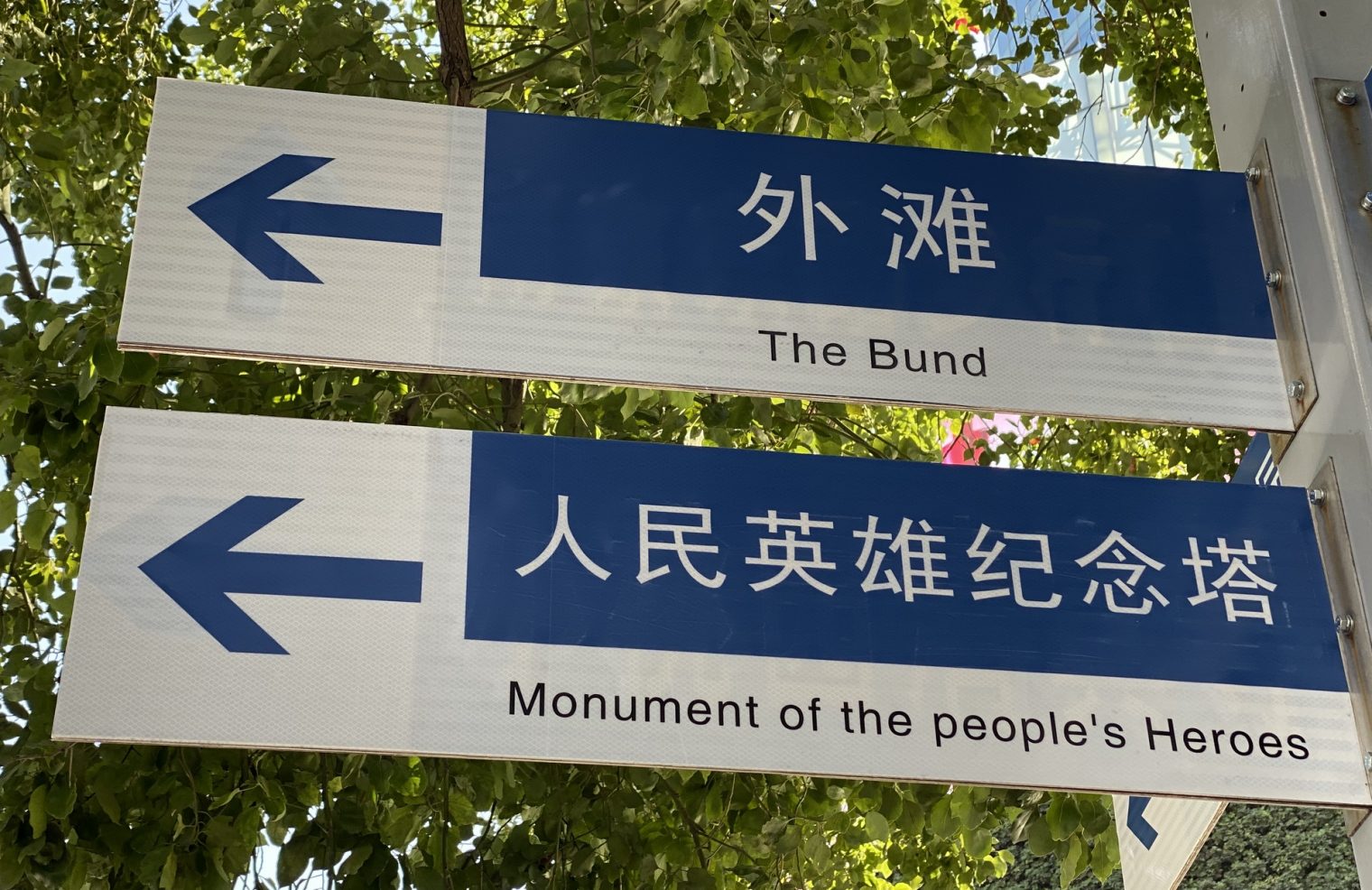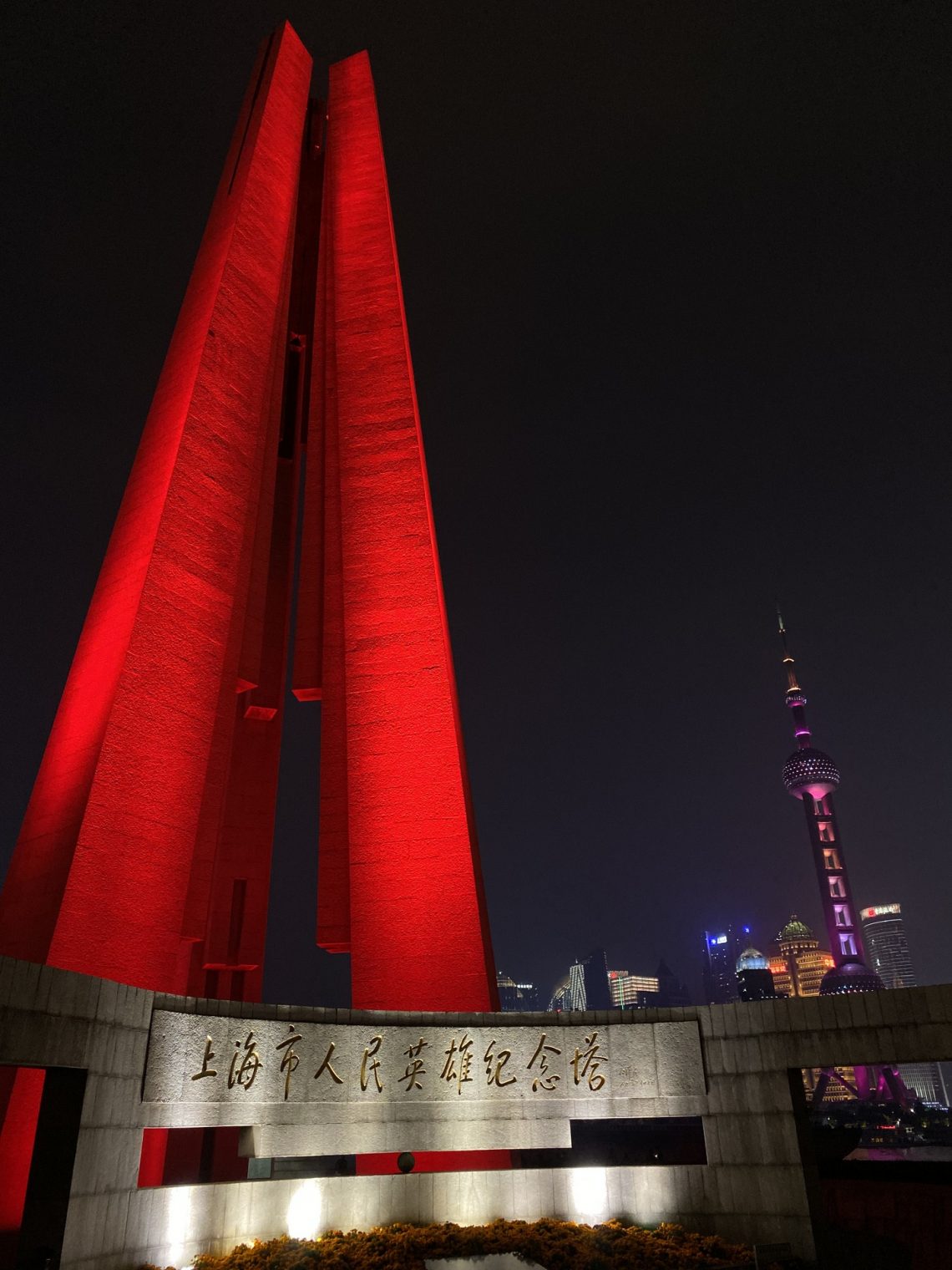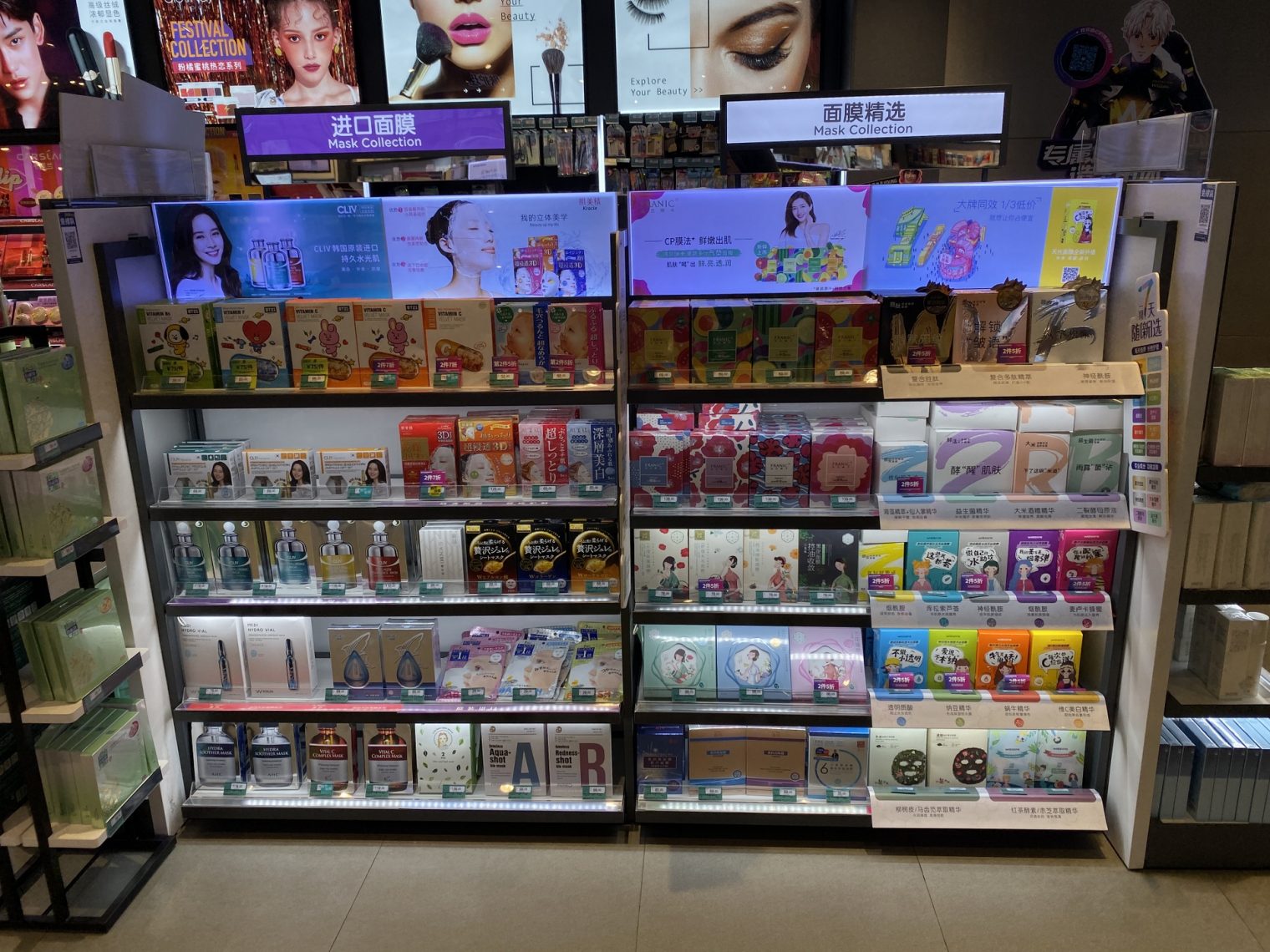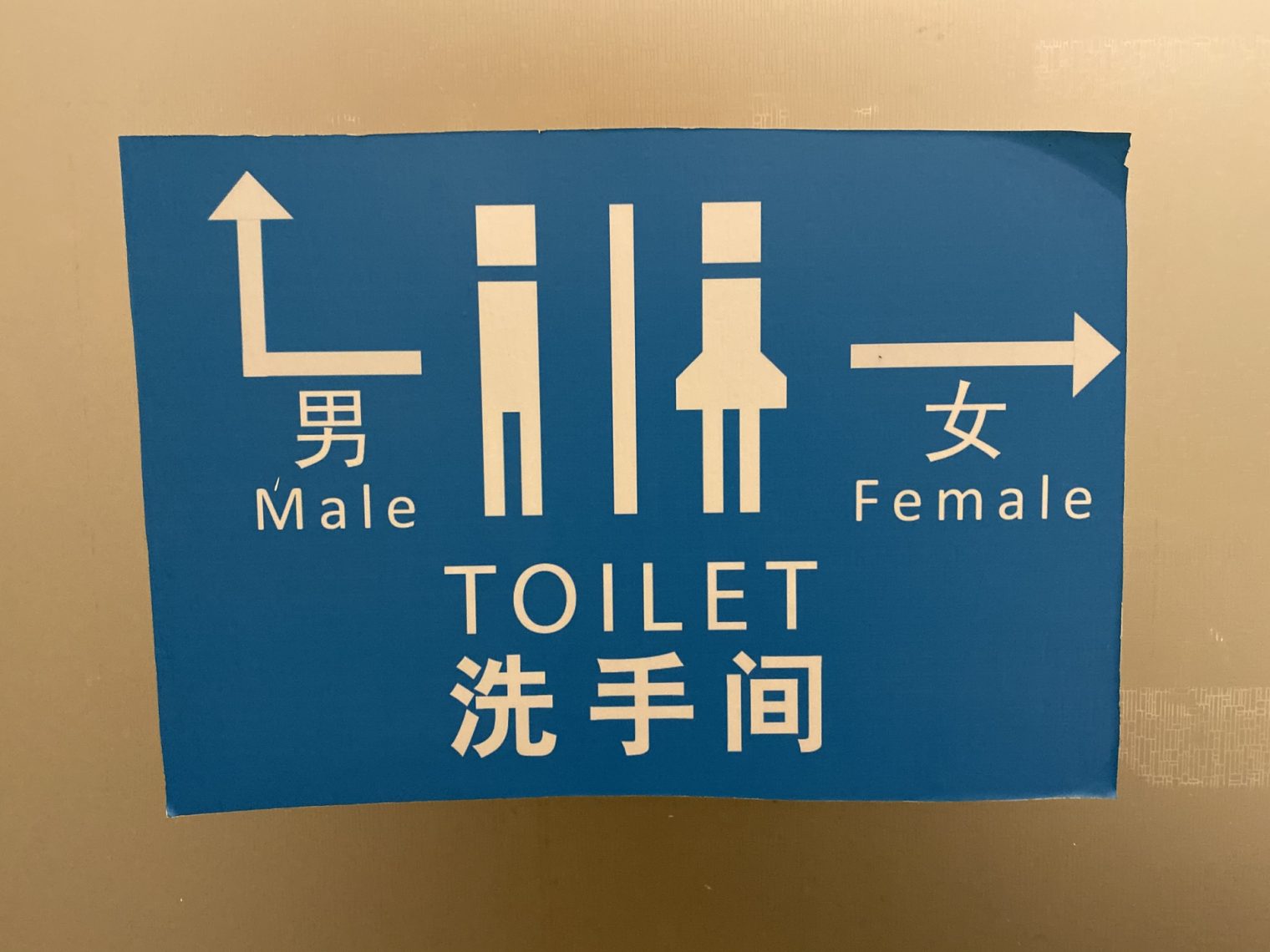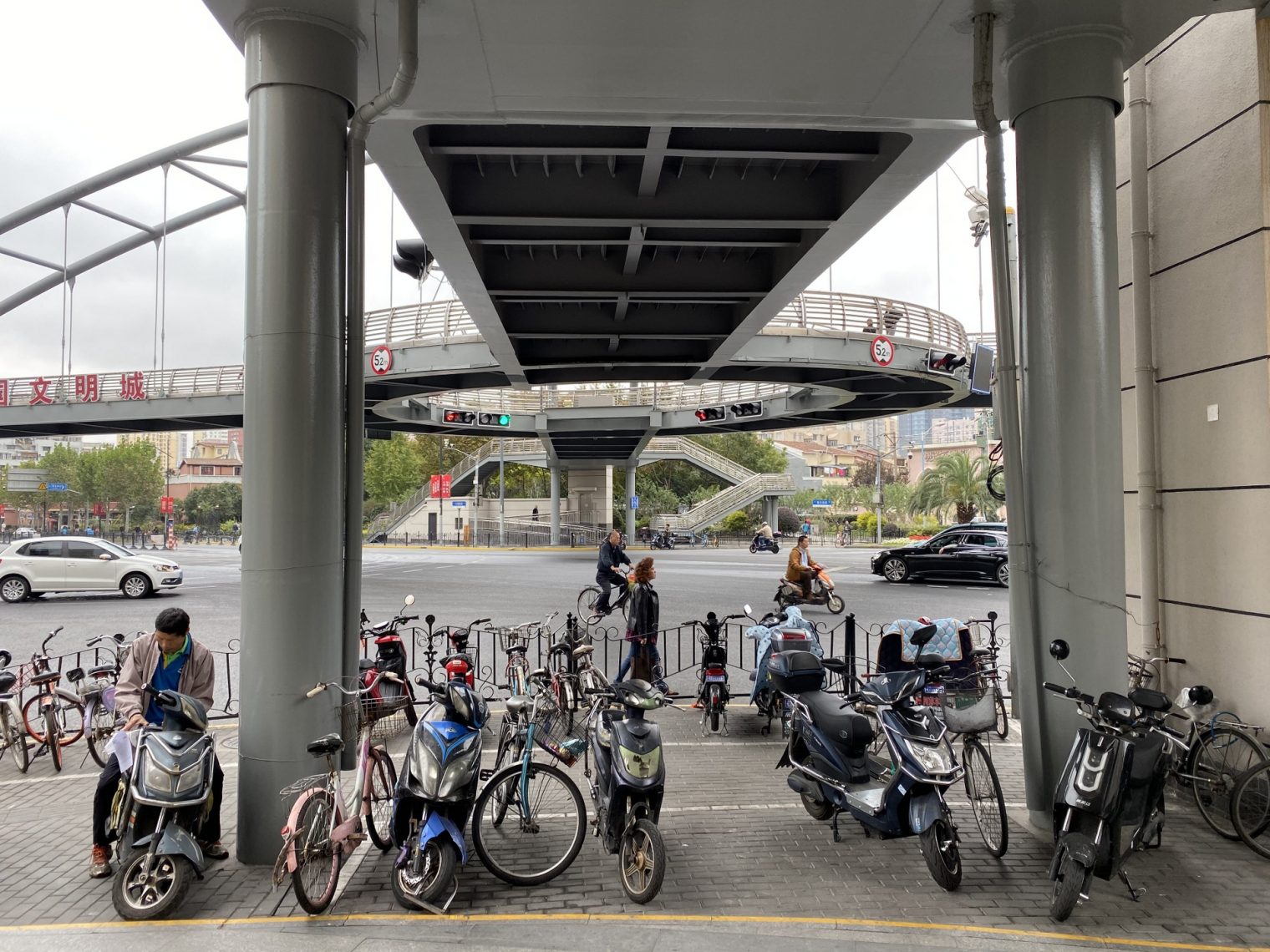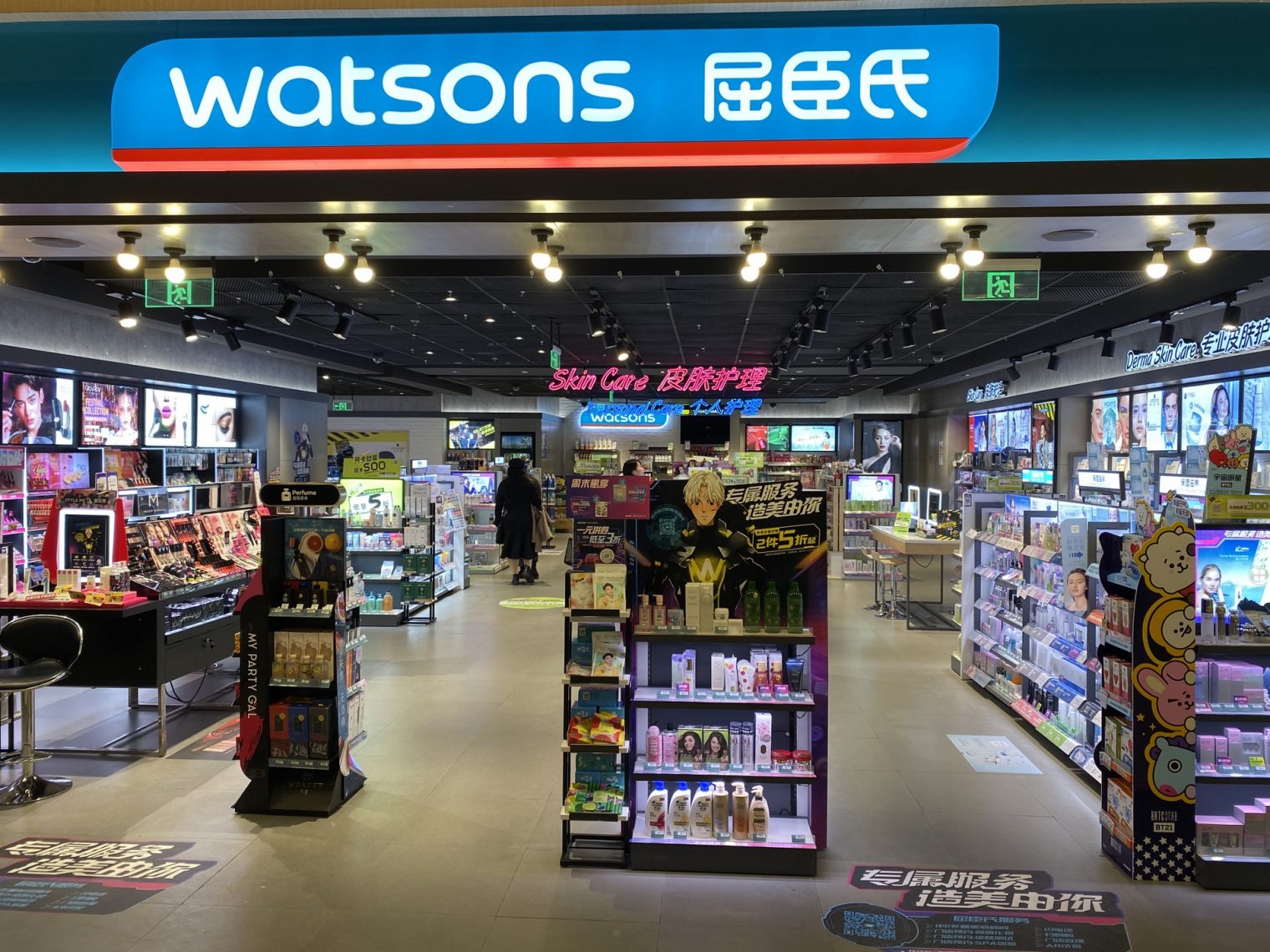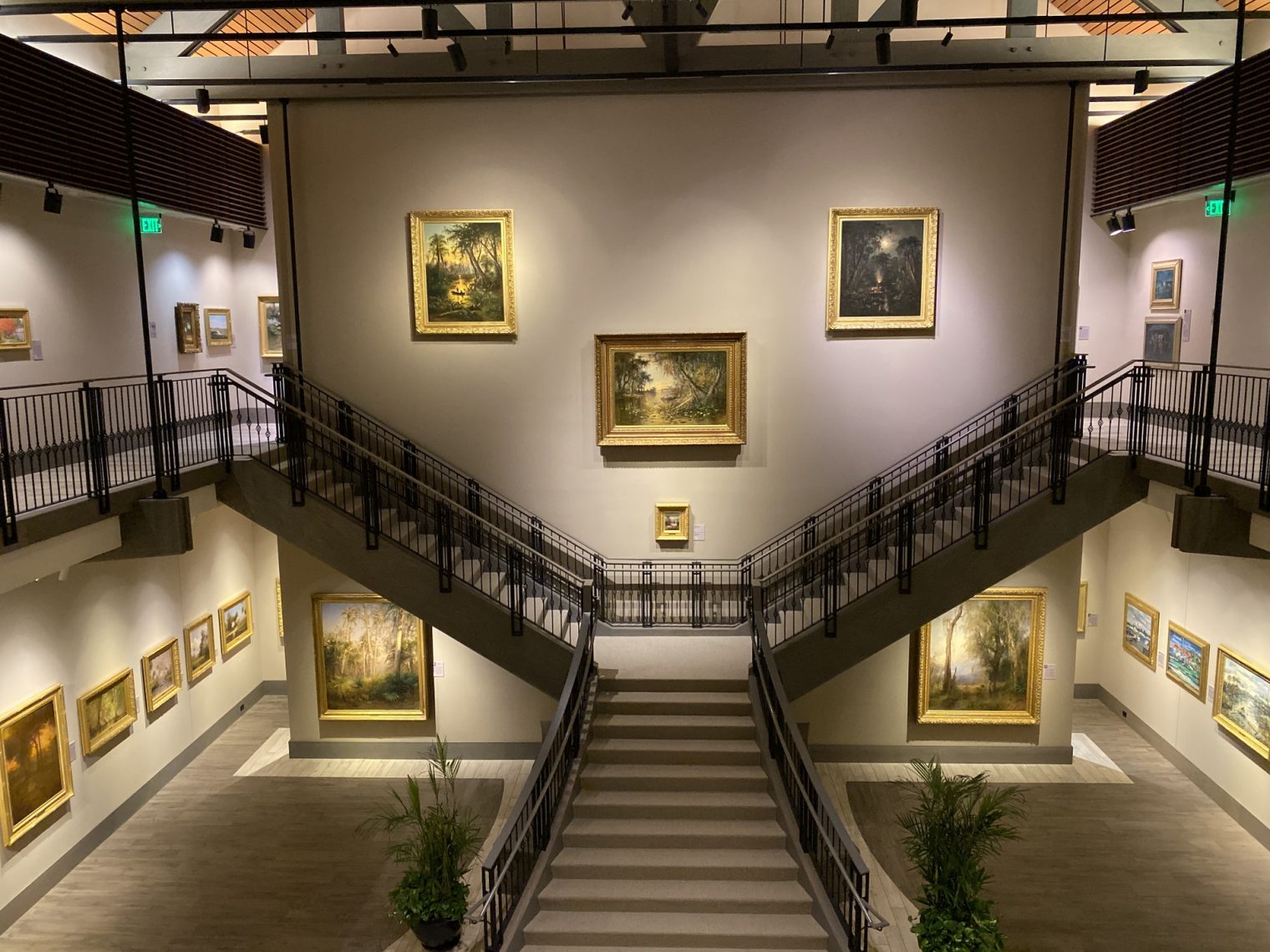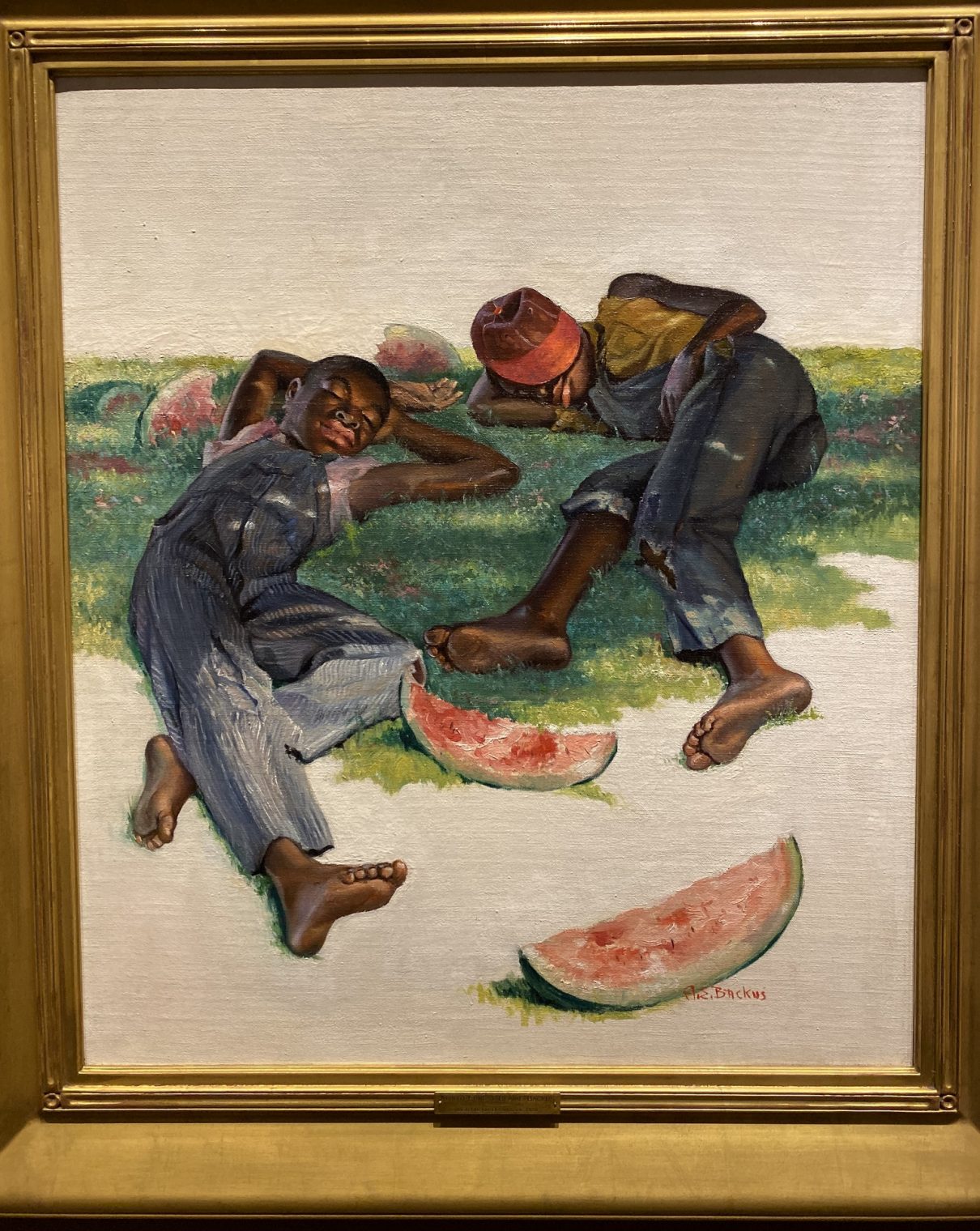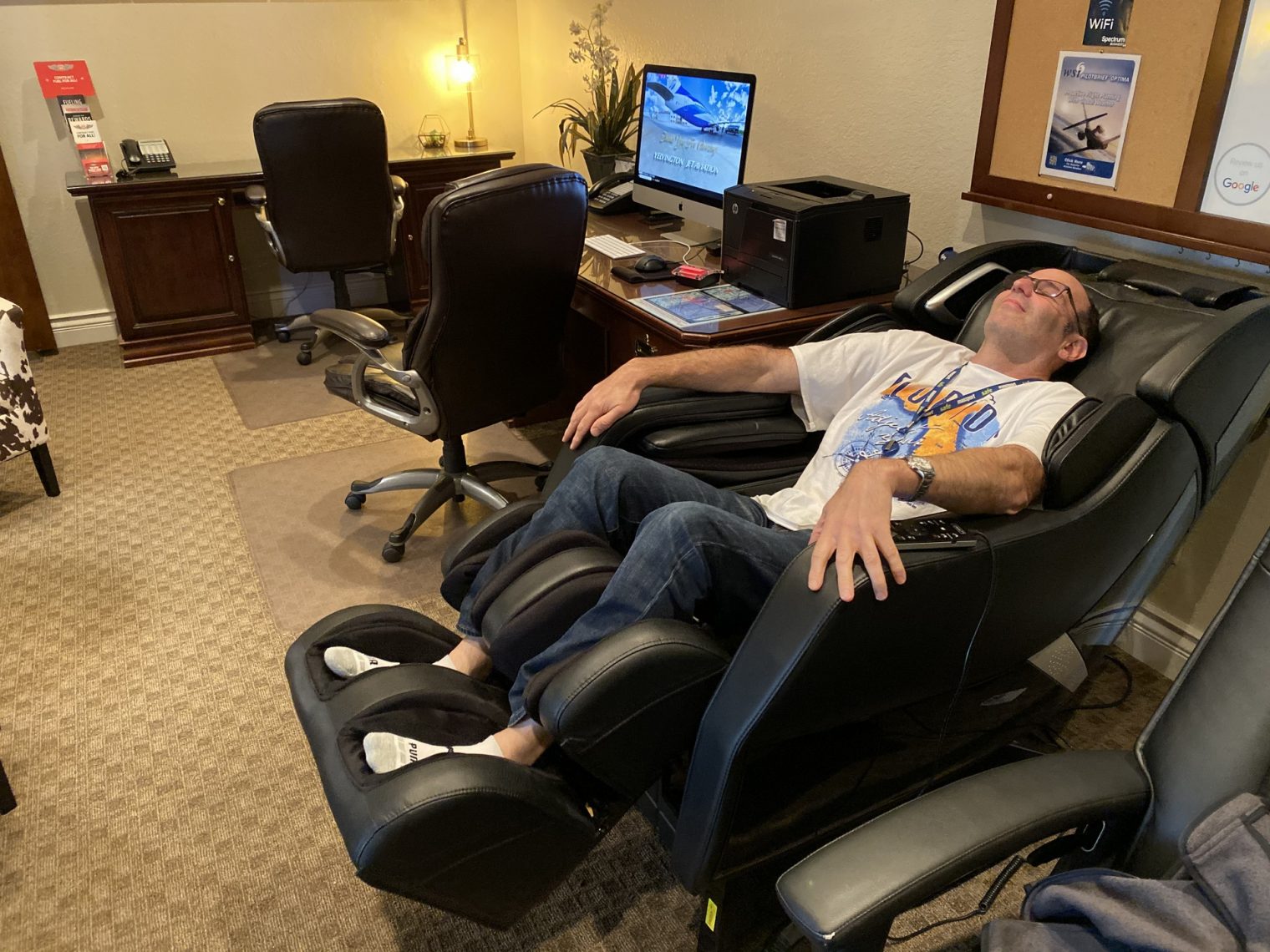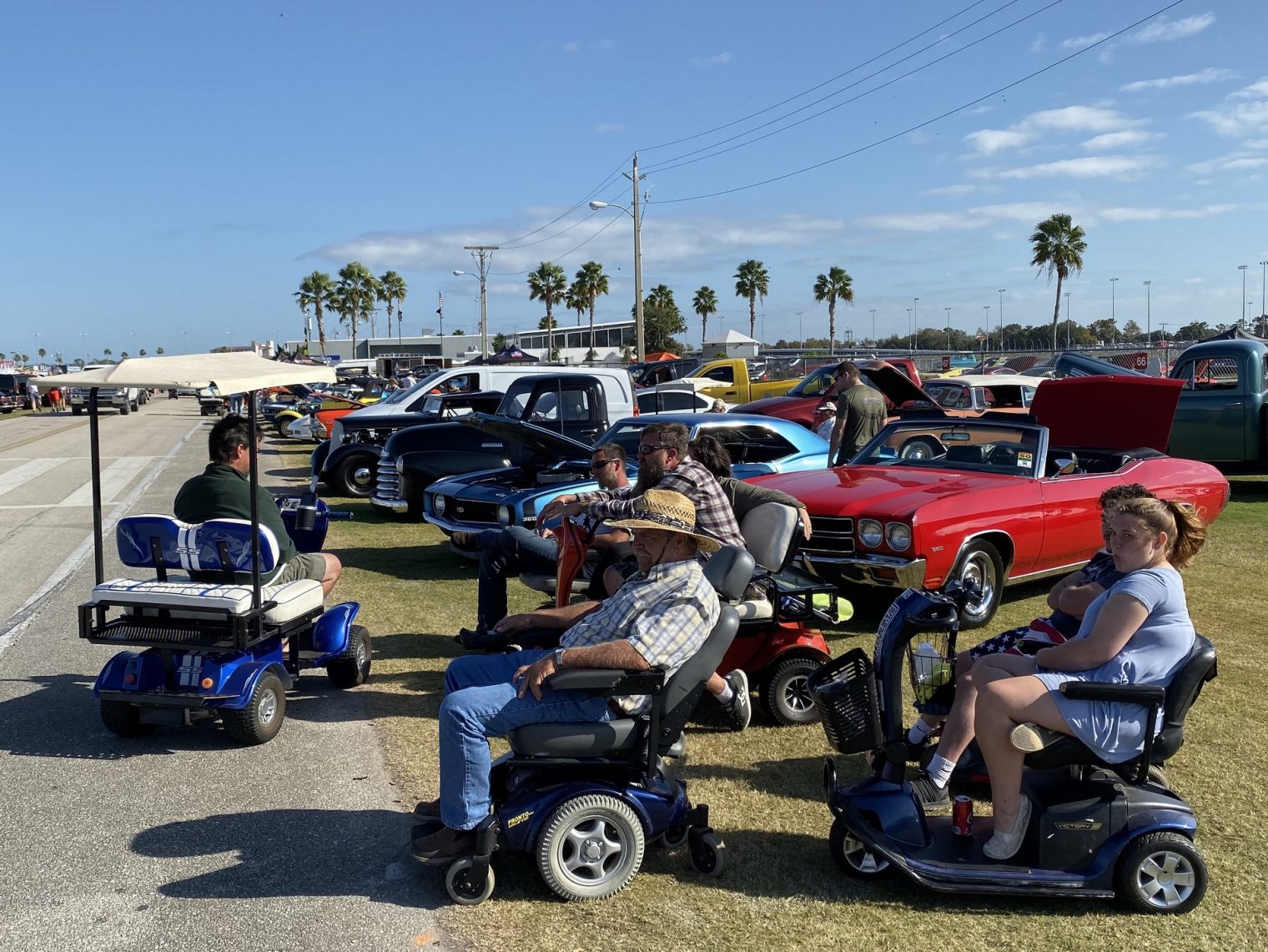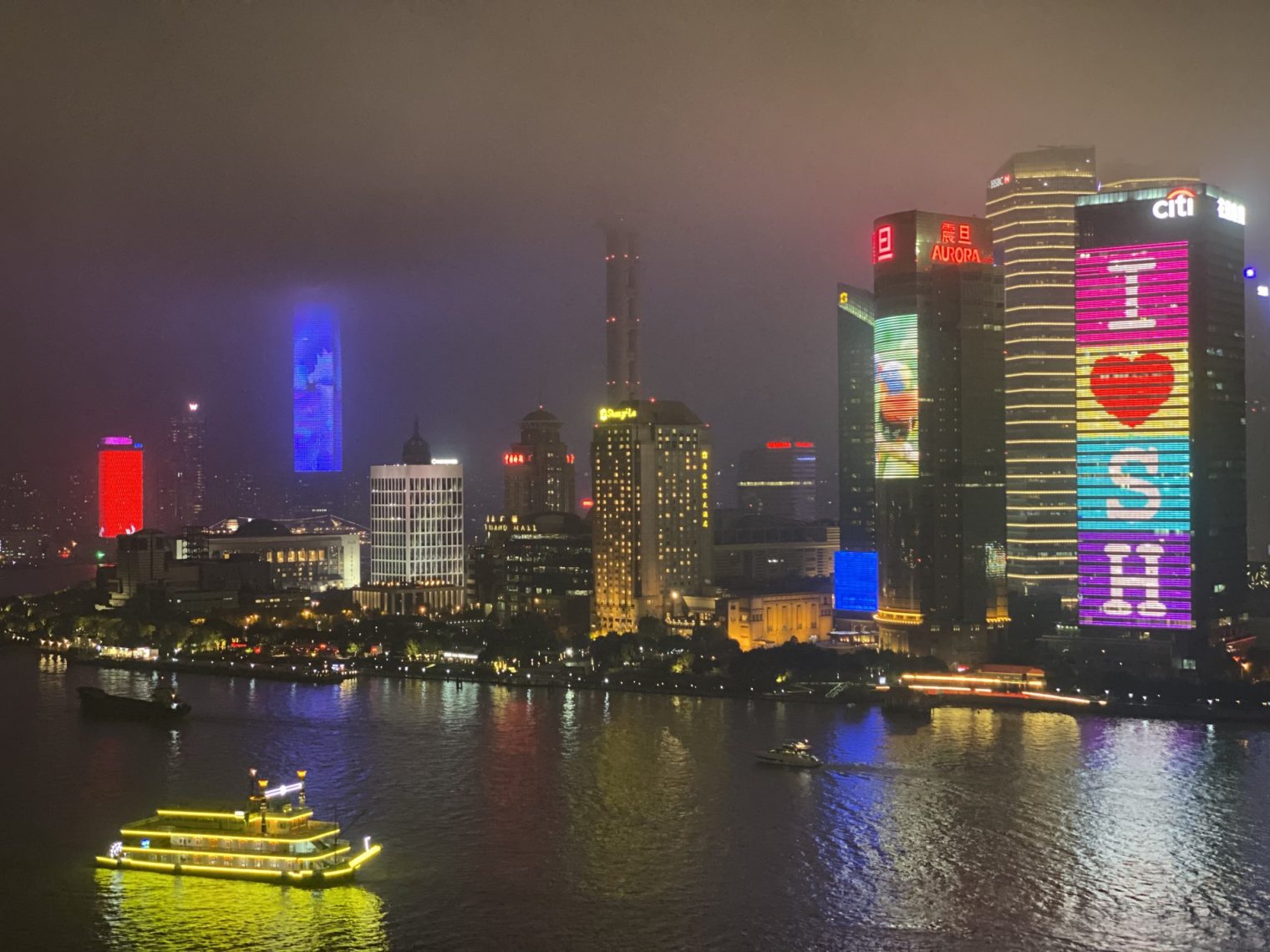American Factory won the most recent Oscar for Best Documentary. You’re already paying for it so you might as well watch it on Netflix!
The level of access and candor is comparable to what you would see in The Office, but in a real workplace, mostly the Dayton, Ohio factory opened by Fuyao, a Chinese automotive glass manufacturer.
There are some great scenes in which Chinese and American cultures meet, e.g., an American hosts 13 Chinese guests for Thanksgiving with a huge turkey and ham, plus lots of backyard pistol and shotgun shooting.
The factory had been a unionized GM plant from 1981-2008. Fuyao invested $500 million to re-open it as a glass factory in 2016 (investment eventually totaled $1 billion). The opening ceremony hits a rough patch when Senator Sherrod Brown (D-Ohio) comes to speak about how all of the workers should unionize and take back what is rightfully theirs. This is later echoed by an Ohio state rep. Both of the politicians who appear in the movie are huge advocates for unionization despite the fact that they watched the unionized GM jobs migrate south and/or offshore.
How does it work to hire an older heavier heavily tattooed workforce? Not profitably at first. Chairman Cao: “American workers are not efficient and output is low.” He’s a regular cheerful hard-working guy who founded the company in 1987.
Americans are sent over to China so that they can see how a profitable line runs. At least one is too fat to fit all of his tattoos under the provided safety vests. The Chinese plant is like a ballet compared to the American plant. Workers are young, slender, and don’t object to their 12-hour shifts. If opposite sex workers fall in love, they get married at the big New Year celebration. (Same-sex marriage is not available in China and single parenthood is illegal, but that doesn’t mean they’re not celebrating a rainbow of love. YMCA was played at the factory New Year party. There is also an awesome company song, a hymn to transparency.)
(Can Chinese factories deliver Western quality? See this Car and Driver article on the Volvo XC60.)
How to explain the difference in output and quality? An American fluent in Chinese says to a counterpart in China: “Most American workers are there to make money, not to make glass.”
The biggest disappointment, however, turns out to be in the high paid American managers who proved ineffective and disloyal in the chairman’s view. They are fired and the new Chinese president who spent half his 53 years in US explains to the young Chinese supervisors that Americans shower children with praise and that’s why the resulting grownups are all overconfident. He reminds the Chinese overseers to keep praising the American line workers just for showing up.
Big drama in the film is provided by a United Auto Workers unionization drive and election. There are enough disgruntled workers to generate some negative publicity on unsafe conditions and excessive demands. The company spends $1 million on an anti-union consultant. The chairman comes over, surveys the middle-aged whiners, and tells subordinates to hire some young people. A Chinese furnace expert who is there on a two-year knowledge transfer stint says, regarding the union idea: “one mountain cannot hold two tigers.”
Eventually, the company is able to stop the red ink from flowing. A key part of that seems to be installing robots to do the stuff that Chinese workers can do quickly, but Americans cannot.
If you’re interested in business or China, you should see American Factory!
Presumably reflecting Americans’ lack of interest in numbers, the film never tries to explain why Fuyao wanted a U.S. factory. Why not build an additional factory in China and ship the output wherever in the world it is needed?
Chairman Cao explains in this interview:
First of all, China had a VAT tax, and the United States did not. Secondly, labor costs in the United States are very high, accounting for 40% of the operating cost, whereas in China it only accounts for 20%, but the proportion of insurance paid by Chinese companies was very high. Although labor costs are half as expensive domestically, we calculate that in our case we were nearly 4% more expensive than the United States, plus the VAT for auto glass, which is around 12%. Third, the American energy prices were lower than China’s. The price of natural gas there was one-fifth that of China’s, electricity was only 40% of China’s price, gasoline cost only half of what it did in China, and the cost of transportation and logistics were relatively low. These inputs made the price 4% to 5% cheaper, so the overall calculation made production 16% to 17% cheaper. Moreover, if I shipped the glass from China to the United States, the freight costs would increase by 15% to 20%.
Full post, including comments 
